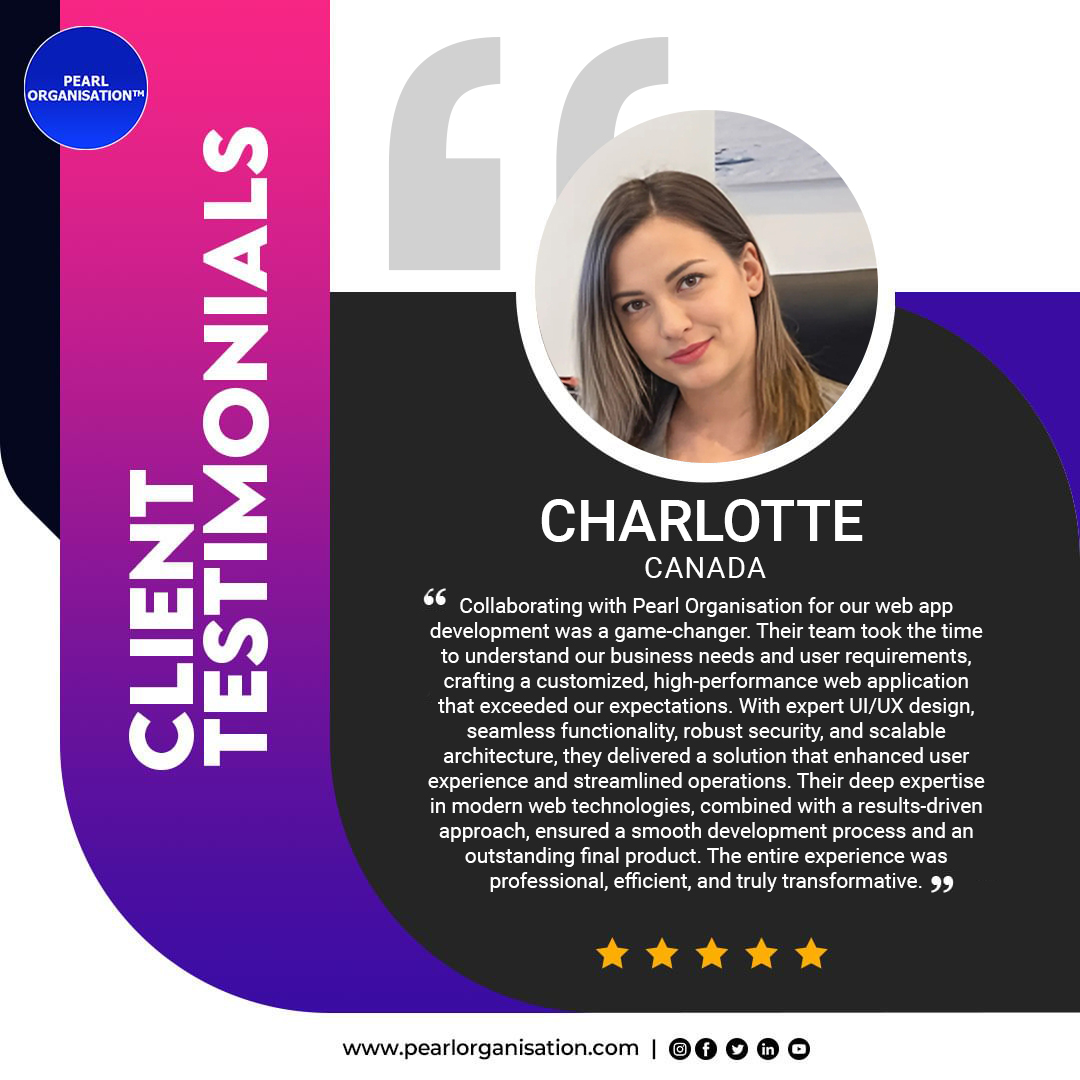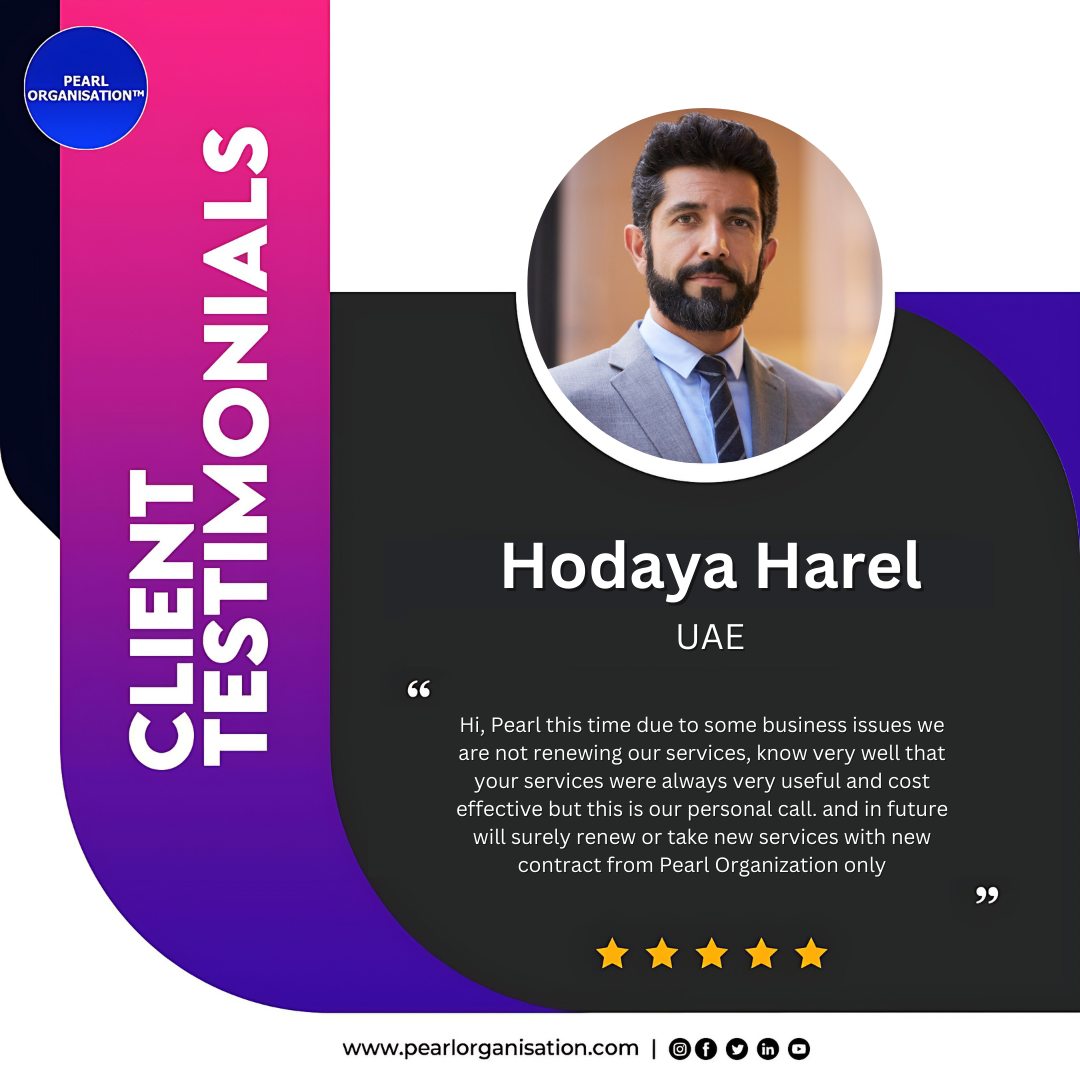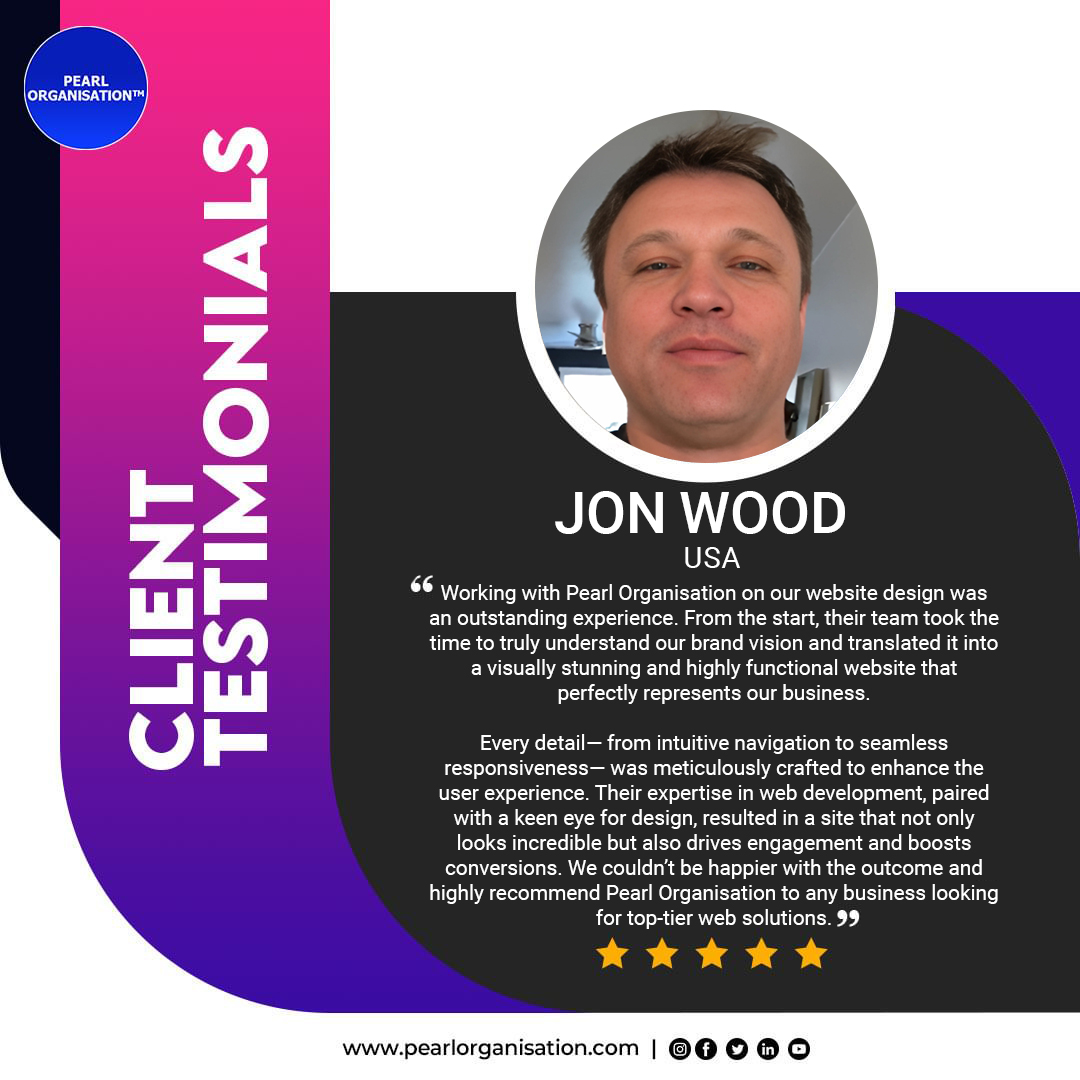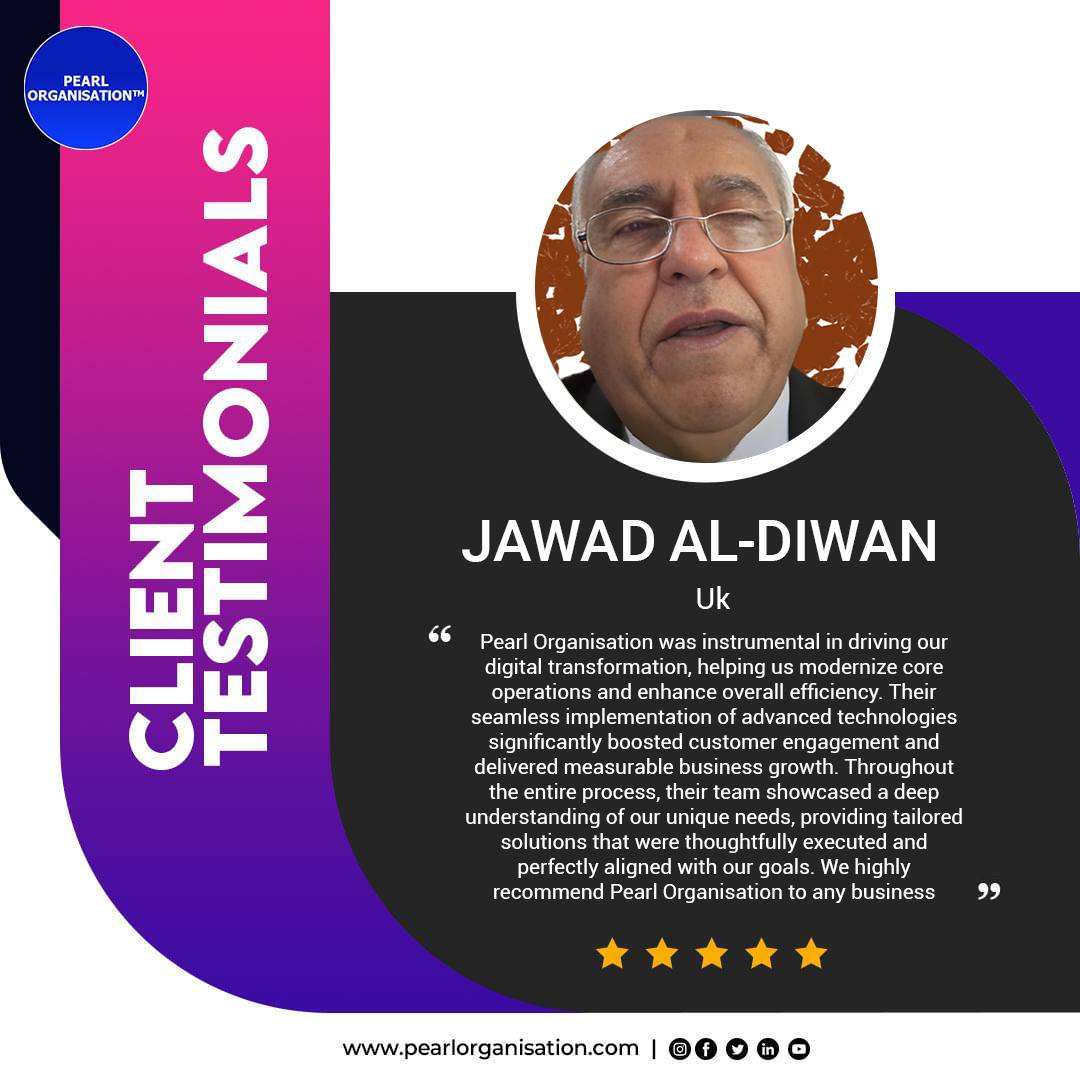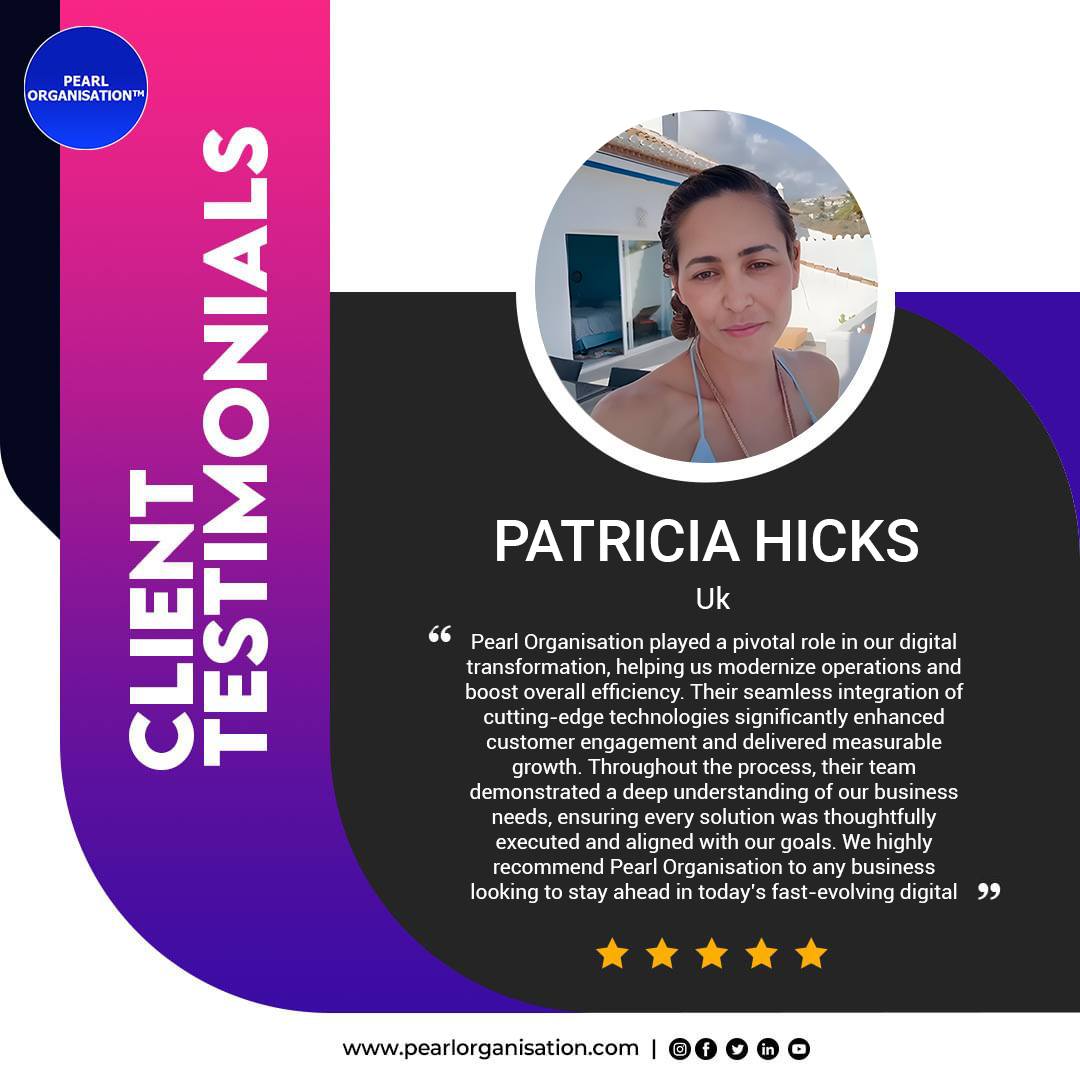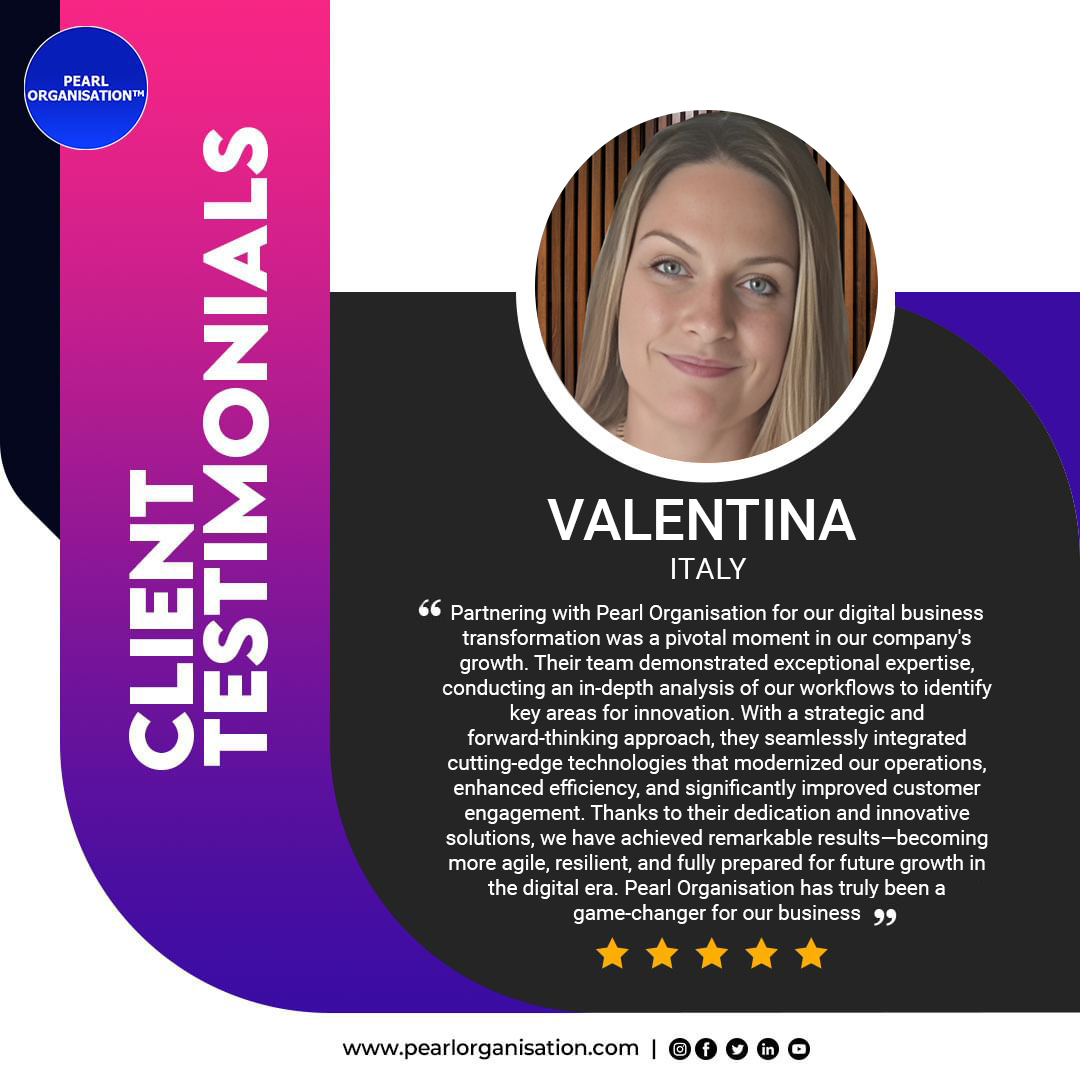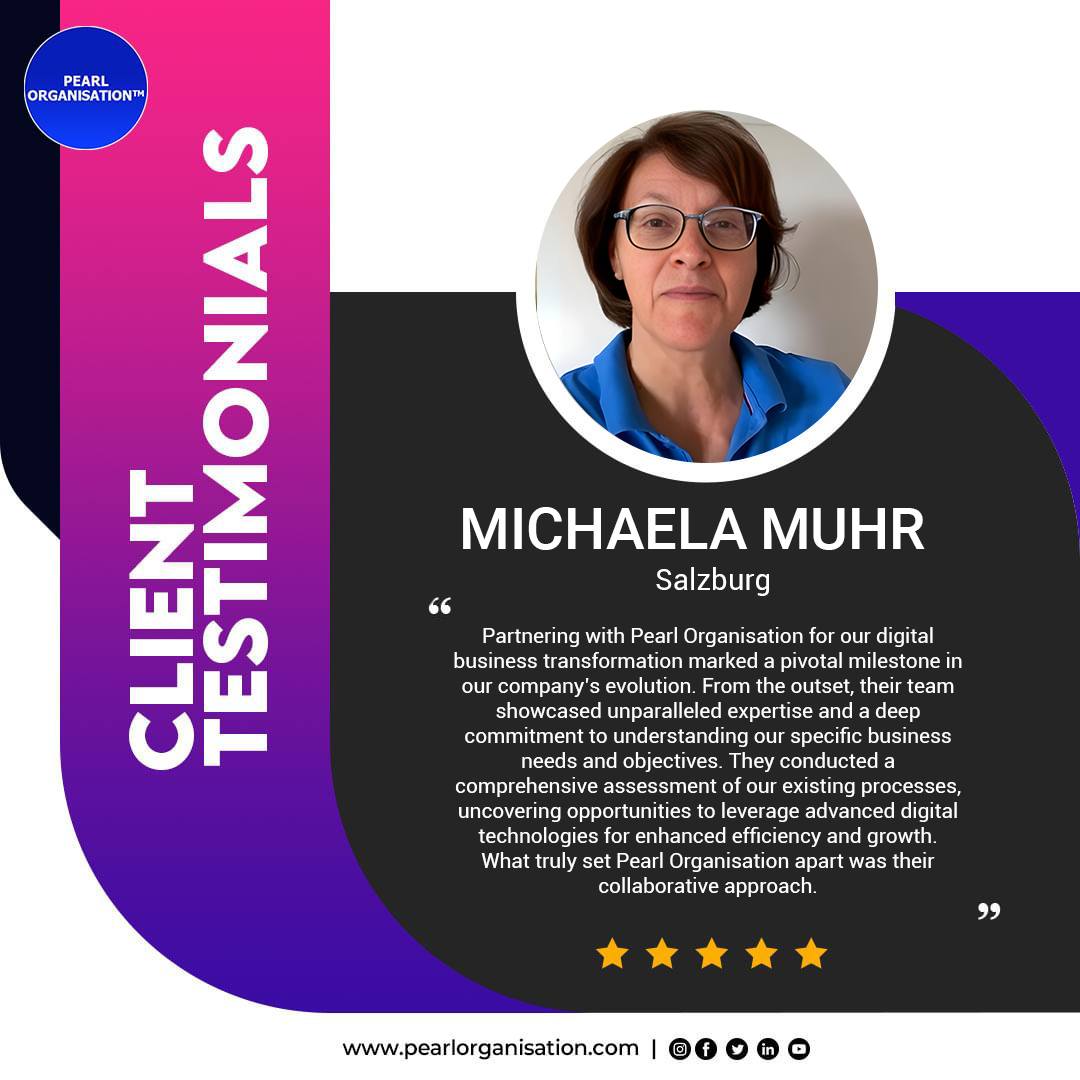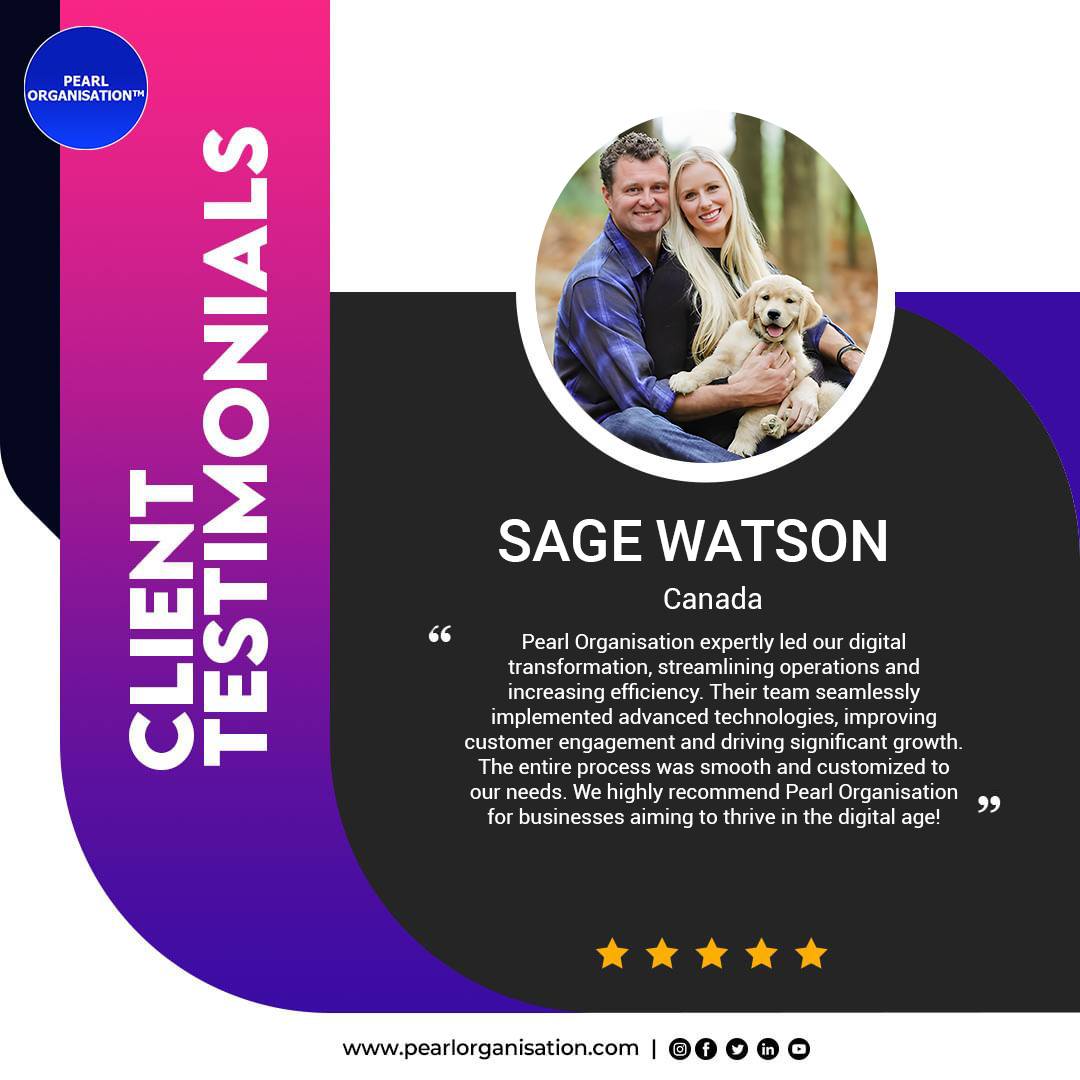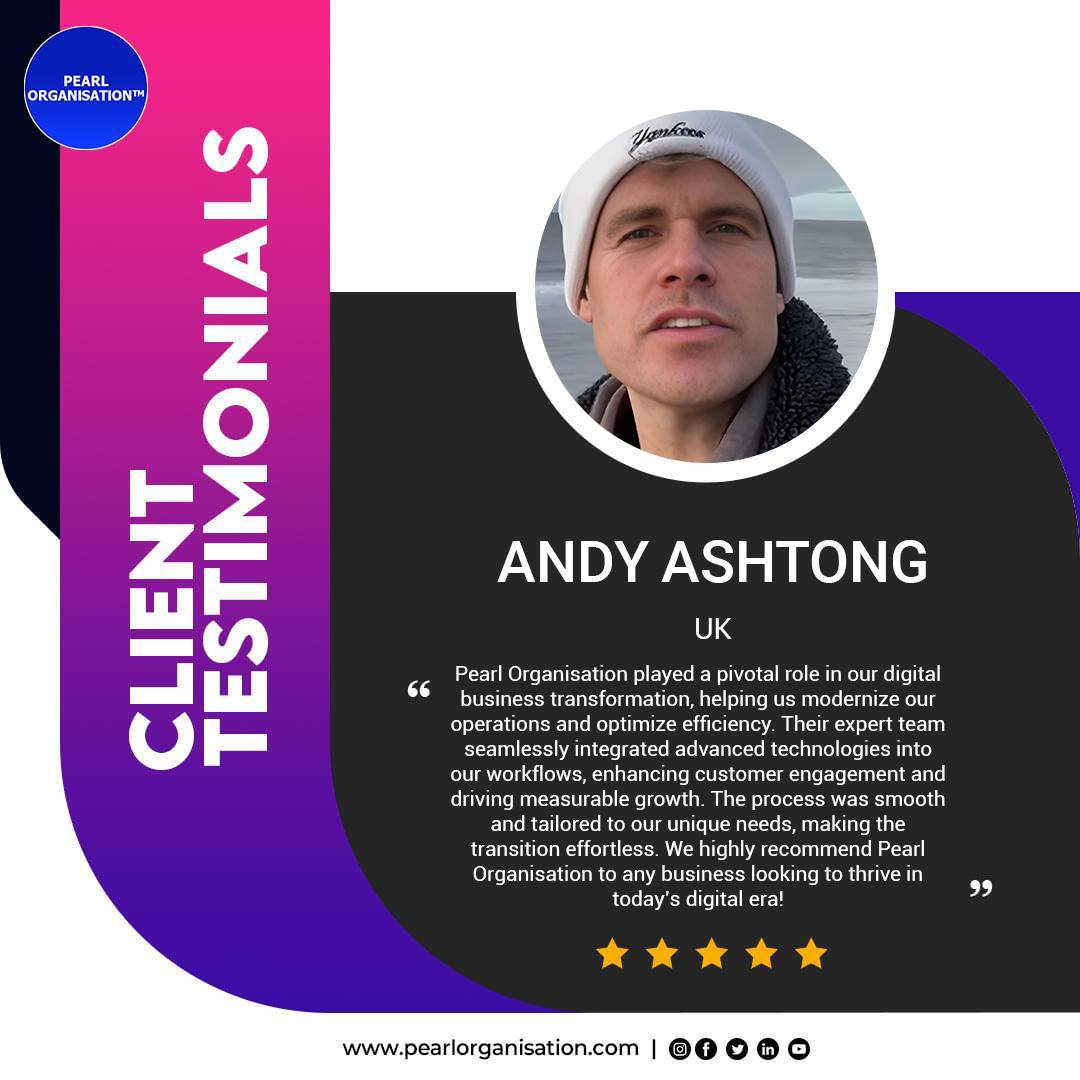📱 Choosing the Right Mobile App Platform and Technology Stack for Your Business in 2025
- Pearl Organisation

- May 1, 2025
- 6 min read

In today’s digitally connected economy, mobile applications are no longer just a trend — they’re a strategic necessity. From eCommerce and finance to health, logistics, and education, mobile apps drive user engagement, revenue, and brand loyalty. But before you begin development, one critical decision must be made:
Which mobile platform (Android, iOS, or both) and which technology stack is best for your business?
At Pearl Organisation, we’ve built hundreds of apps across various industries and user bases. We understand that choosing the right combination of platform + technology impacts not only development costs but also performance, user experience, and future scalability.
This article serves as your complete decision guide, with detailed insights into:
iOS vs Android vs Cross-Platform
Native vs Hybrid App Development
Top Technology Stacks to Consider in 2025
Business Factors That Influence Your Choice
Real-world recommendations from Pearl Organisation
🌍 Android vs iOS: Which Platform Should You Target First?
Choosing between Android and iOS often depends on your target audience, business goals, and budget. Here's how they differ:
Criteria | Android | iOS |
Market Share | ~72% globally | ~27% globally |
User Demographics | Popular in Asia, Africa, South America | Strong in US, UK, EU |
Monetization Model | More ad-driven apps | Higher in-app purchases and paid apps |
Device Range | Wide range from low-end to high-end devices | Limited to Apple devices |
App Store Approval | Easier, faster | Stricter review process |
Development Cost | Slightly higher due to fragmentation | More consistent UX & device sizes |
🧠 Pearl Recommendation:
Go Android-first if you’re targeting large, emerging markets or price-sensitive audiences.
Start with iOS if you’re targeting premium users, high-income regions, or service-based apps.
Launch both platforms together if your business relies on mass adoption, like eCommerce or food delivery.
🛠️ Native vs Hybrid vs Cross-Platform Development
Beyond choosing the platform, you'll need to choose how you build your app — natively or through a shared-code framework.
Built specifically for each platform (Swift for iOS, Kotlin/Java for Android)
Offers top-tier performance, seamless UI, and access to all device features
Best for apps requiring animations, GPS, camera, AR/VR, or offline functionality
✅ Pros: Speed, stability, performance
❌ Cons: Two separate codebases → higher cost
Built using a single codebase (HTML/CSS/JS) wrapped in a native container
Tools: Ionic, Cordova
Ideal for apps with simple interfaces or MVPs
✅ Pros: Quick, cheap
❌ Cons: Slower, lacks native feel, fewer advanced features
Single codebase but compiled to native components
Tools: Flutter, React Native, Xamarin
✅ Pros: Faster development, native-like UI/UX, cost-effective
❌ Cons: Slight performance trade-offs for complex apps
💡 Pearl Recommendation:
At Pearl Organisation, we prefer:
💻 Top Mobile App Technology Stacks in 2025
Here’s a look at recommended tech stacks depending on your needs:
Use Case | Stack | Best For |
iOS App | Swift + Xcode | High performance, Apple-specific apps |
Android App | Kotlin + Android Studio | Scalable, native Android experiences |
Cross-Platform | React Native or Flutter | Fast dev cycles, reusable code |
Backend | Node.js / Laravel / Django | APIs, logic, user management |
Realtime Features | Firebase / Socket.io | Chat, notifications, live tracking |
Database | MongoDB / PostgreSQL / Firebase | Structured or real-time data |
Pearl Organisation engineers choose your stack based on:
Performance needs
App complexity
Budget
Future roadmap
Team availability
📈 Key Business Factors That Influence Platform & Tech Stack Decisions
When we consult clients, we ask the following business-first questions:
1. 🎯 Who is your target audience?
Is your user base more active on Android (emerging markets) or iOS (developed markets)?Age, income level, device preference — all play a role in the platform choice.
2. 💵 What is your budget and timeline?
Building two native apps takes more time and budget. If you’re an early-stage startup or launching a prototype, cross-platform is a smarter start.
3. 🔮 How complex is the app?
Apps involving AR, heavy animation, advanced sensors, or offline functionality often perform best when built natively.
4. 🧩 Will you need integrations?
If your app must sync with existing ERP, CRM, or payment systems, the choice of backend stack (Node, Laravel, Firebase) becomes crucial.
5. 🔄 What is your growth plan?
If you plan to add new features every month or scale across multiple geographies, scalability and modularity become essential — so tech stack must support that.
📲 Real Use Case Scenarios (Pearl Organisation Insights)
➜ Tech Stack: Flutter + Firebase + Laravel backend
➜ Reason: Multi-platform, real-time quizzes, rapid delivery
➜ Tech Stack: Swift + Node.js + MongoDB
➜ Reason: HIPAA compliance, high UX expectation, iOS-heavy users
➜ Tech Stack: Kotlin + PostgreSQL + RESTful APIs
➜ Reason: Focus on Android, custom checkout, scalable backend
Every project is unique. That’s why at Pearl Organisation, we assess every angle before recommending a tech stack — so your app is built to perform.
🏁 Final Thoughts: Making the Smart Choice for Your Mobile App Strategy
Your mobile app is more than a digital product — it’s a core business asset. Making the right decisions early on about the platform, development approach, and technology stack can save thousands in rework, and position your business for success.
At Pearl Organisation, we combine deep technical knowledge with business strategy to recommend the best-fit approach for every client. Whether you're launching a small MVP or a global enterprise solution, our team ensures you choose right, build right, and scale smart.
👉 Ready to build your mobile app with confidence?
📞 Let our consultants guide you on the perfect tech stack and development strategy.
📚 FAQ Section: Choosing the Right Mobile App Platform & Technology Stack
Q. Should I develop my app for Android, iOS, or both?
A. It depends on your target audience and business goals.
Android is ideal if you're targeting a global or price-sensitive audience.
iOS is better for premium users and regions like the US, UK, and Europe.
Both platforms are recommended for customer-facing apps like eCommerce, delivery, or on-demand services.
At Pearl Organisation, we analyze your audience and recommend the best launch strategy.
Q. What’s the difference between native, hybrid, and cross-platform app development?
A.
Native apps are built for a specific platform (Swift for iOS, Kotlin for Android) with top performance and full access to device features.
Hybrid apps use web technologies inside a native shell but have limited speed and flexibility.
Cross-platform apps (like Flutter or React Native) share most code across platforms while still delivering near-native performance.
Pearl Organisation typically recommends Flutter or React Native for most businesses unless ultra-high performance is required.
Q. Which technology stack is best for mobile app development in 2025?
A. Top choices include:
The “best” stack depends on app type, performance needs, and your scaling plans.
Pearl Organisation helps you select the ideal one.
Q. How much does mobile app development cost?
A. Mobile app development costs vary widely:
Cross-platform apps are more cost-efficient. Pearl Organisation provides detailed quotes after analyzing your project scope.
Q. Is Flutter better than React Native in 2025?
A. Both Flutter and React Native are excellent choices in 2025.
Flutter is great for UI consistency and rapid MVPs.
React Native is best when integrating with existing React-based web platforms.
Each has strengths — Pearl Organisation helps you choose based on performance, developer availability, and long-term roadmap.
Q. Should I start with a mobile app or a web app first?
A. Start with a mobile app if:
Your audience primarily uses mobile (e.g., delivery, health, eCommerce apps)
You need app-specific features like push notifications, location services
Start with a web app if:
You’re focused on desktop users or admin-heavy functions
You want a fast-launch MVP with lower cost
Often, Pearl Organisation recommends a mobile-first approach for customer apps and web-first for internal or dashboard tools.
Q. What if I choose the wrong platform or tech stack?
A. Choosing the wrong stack or platform can lead to:
Poor performance
Unnecessary rework
High technical debt
Limited future scalability
That’s why Pearl Organisation offers consultation before coding, ensuring your decisions are business-aligned and future-proof.




























